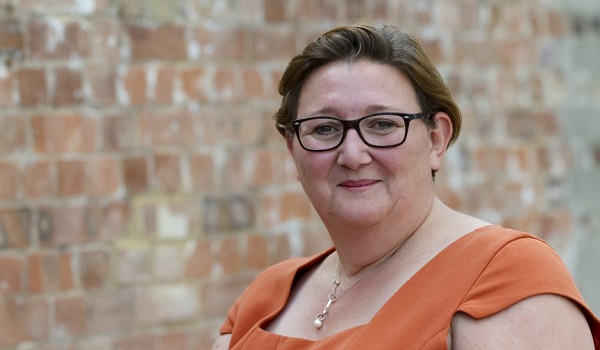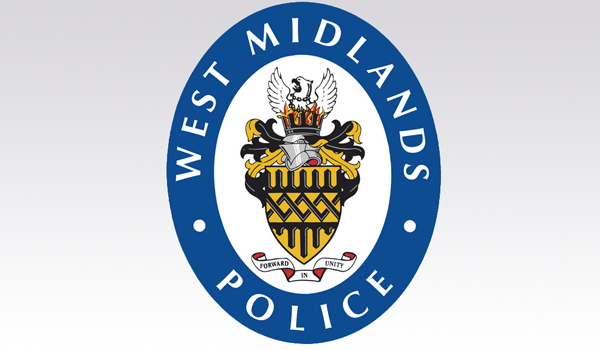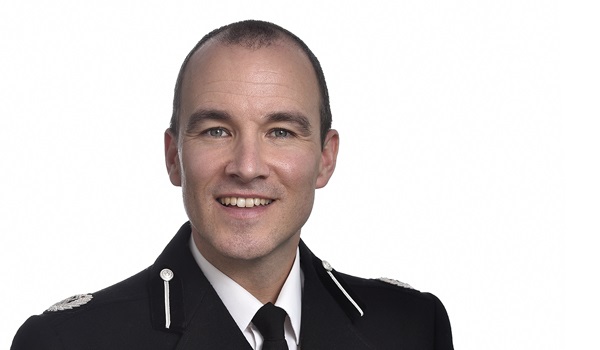PCCs praised for helping addicts out of ‘the cycle of crisis and crime’
Efforts by police and crime commissioners (PCCs) to help short-term inmates cure their drug addictions are saving lives, a prison reform charity has claimed.
Far more people jailed for less than six months suffer from drug or alcohol problems than was previously thought, according to figures published by Revolving Doors.
The charity found 60 per cent of these inmates report addictions on arrival at prison, while HM Inspectorate of Prisons data suggested just 28 per cent of all prisoners do.
Chief Executive Christina Marriott claimed the statistics show a “radical new approach” to dealing with substance abuse in prisons is needed, and praised the work by some PCCs to address the problem.
Ms Marriott said: “Encouragingly, we know the public back new approaches and want to see investment in treatment programmes not prison places.
“Our new report demonstrates the critical role of police and crime commissioners; by investing in drug and alcohol treatment and by taking a public health approach to people trapped in the cycle of crisis and crime they can help save lives.”
Latest available figures suggest one in 12 adults and one in five young adults took illegal drugs in 2016/17.
Forty per cent of prisoners report having used heroin, putting them at increased risk of serious harm.
A recent survey by Revolving Doors found 75 per cent of people believe drug or alcohol addicts can be better managed with treatment than prison sentences.
In its report, released on Sunday (June 24), the charity praised the “ground-breaking” work of PCCs across the country by treating substance abuse as a mental health issue rather than a criminal matter.
It highlighted the work of West Midlands PCC David Jamieson and Durham PCC Ron Hogg, who offer services to keep people with substance misuse problems out of criminal courts.
Mr Jamieson plans to reinvest revenue gained through Proceeds of Crime Act seizures into drug treatment programmes, including heroin assisted treatment – which involves providing heroin prescriptions to people who have not responded well to methadone-based treatment.
The Checkpoint programme, established by Mr Hogg, offers some people who come into contact with the criminal justice system an alternative to prosecution.
This path typically requires them to take part in a restorative justice approach and attend services to address any substance abuse issues they may have.
Durham Constabulary’s chief constable, Mike Barton, recently called for the ban on cannabis to be lifted and for the drug market to be regulated by government.
Surrey PCC David Munro and Gloucestershire PCC Martin Surl were also praised in the report for their support for groups including veterans at risk of entering the criminal justice system.
Mr Jamieson said: “I am firmly of the view that, despite the good work being done by many, collectively our drug policy is failing… this failure means the public put up with more crime, public services are put under more strain, and not enough is done to reduce the harm of those suffering from addiction.”
Mr Hogg said: “If the aim is to stop people taking drugs, and stop people committing crime in order to fund their habit, we must follow the evidence and support people to reduce their drug misuse rather than send them to prison.”







